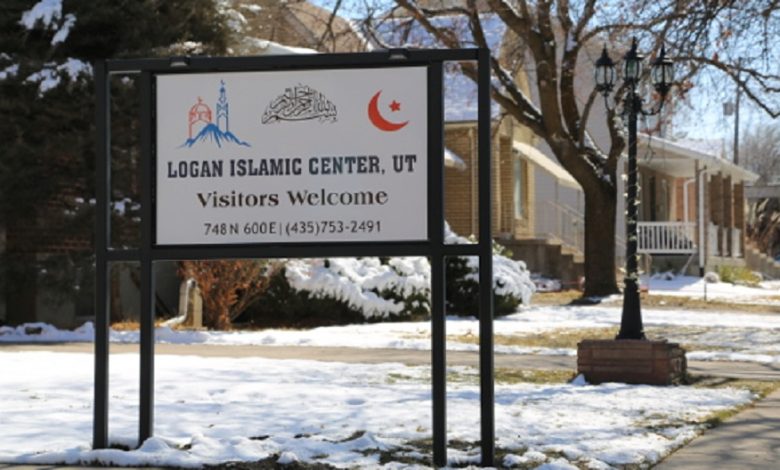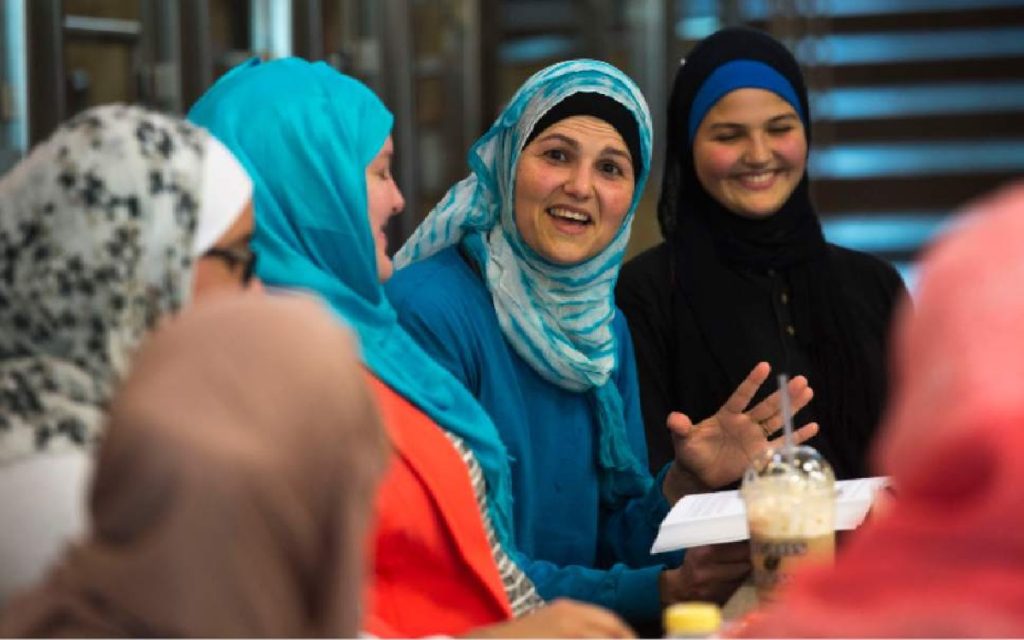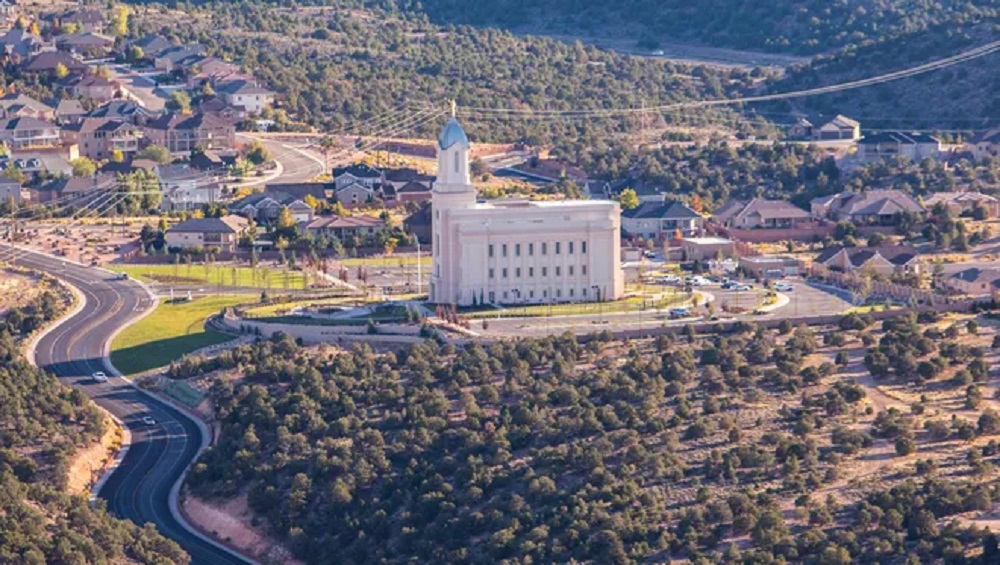Islamic Centers in Small Towns in Utah — Where to Pray, Find Community & Practical Tips
A practical guide to mosques, community centers, Jum‘ah services, and halal resources across Utah’s smaller cities (Logan, Cedar City, St. George, Ogden and nearby areas).

Utah’s Muslim population is smaller and more dispersed than in big metropolitan areas, but across the state there are active Islamic centers, masjids, and community groups that serve people living in — or visiting — smaller cities and towns.
Below I describe the main centers you’ll find outside the Salt Lake City metro, how they operate, common services and challenges, and practical tips for Muslims traveling across Utah.
Quick snapshot
-
Where they are: Logan (Cache Valley), Cedar City (southern Utah), St. George / southern Utah region, Ogden / South Ogden (northern/Wasatch foothills), and a few centers serving Utah Valley and smaller towns.
-
What to expect: Many are modest community centers or converted buildings rather than large purpose-built mosques. Jum‘ah (Friday) prayers are held regularly where there is a resident community; small towns sometimes organize weekly Jum‘ah at universities, rented halls, or community centers.

Local profiles (small-town and nearby centers)
Logan Islamic Center — Cache Valley
One of the longest-established small-city masjids in Utah, the Logan Islamic Center serves students at Utah State University and the broader Cache Valley Muslim community. It has run Friday prayers, Sunday/youth classes, interfaith outreach events and local gatherings (Eid/ifṭār). Logan’s center is a good example of a university-linked small-town mosque that doubles as a community hub.
Al-Hekma / Cedar City
Cedar City (gateway to national parks like Zion/Bryce and a substantial seasonal tourist flow) hosts Al-Hekma and community gatherings for Muslims in Iron County. Centers here often operate as weekend/Friday prayer venues and organize occasional classes or seasonal events. Smaller centers sometimes rely on volunteer organizers and convert multi-purpose rooms for prayer.
St. George / Islamic Community of Southern Utah
Southern Utah’s Muslim community is growing but still small; St. George groups organize Jum‘ah in rented university or civic spaces and run community outreach and fundraising for a permanent mosque. Visitors to southern Utah should check local group pages for current Friday prayer times and community events.

Ogden / South Ogden (Northern Utah Islamic Center; Islamic Center of Kuwait in Utah)
Ogden and South Ogden are examples of smaller-city centers that support nearby rural communities. The Islamic Center of Kuwait in Utah (South Ogden) and the Northern Utah Islamic Center provide scheduled prayers, educational programs, and community open houses that welcome non-Muslims for dialogue. These centers often host open-house events to build ties with local communities.
Utah Valley & nearby small towns
Utah Valley has several centers (e.g., Utah Valley Islamic Center) that serve residents of smaller towns nearby (Orem, Provo suburbs). These centers act as regional hubs — useful if you live in a small town but are willing to drive 30–60 minutes for Jum‘ah or halal groceries.
What services these centers typically offer
-
Five daily prayers & Jum‘ah: Most centers in small towns do at least Maghrib/Isha programs and Friday prayer when there are enough worshippers. Times may change seasonally.
-
Religious education: Weekend Quran classes, youth programs, and Ramadan ifṭārs — often run by volunteers or part-time staff.
-
Community outreach & interfaith events: Open houses and interfaith dinners are common, helping reduce isolation in areas where Muslims are a visible minority.
-
Practical support: Newcomer guidance, nikāḥ services, and occasional financial or burial assistance coordinated by local boards or volunteers.
Challenges faced by Muslims in small Utah towns
-
Limited halal dining and grocery options: Outside larger cities, halal meat and dedicated halal restaurants are scarce. Many families order specialty items from Salt Lake City/online or rely on vegetarian options.
-
Travel for services: For specialized services (Islamic schools, halal slaughter, large-scale Eid prayers), residents may need to travel to the Salt Lake City metro or Utah Valley.
-
Volunteer capacity: Small communities run on volunteers; program hours and offerings can fluctuate with membership and seasonal students.
Practical tips for residents and visitors
-
Check center pages or local Facebook groups before traveling — small centers often post Jum‘ah times and events on social media rather than a formal website. (Local group pages are active for St. George, Logan, Ogden.)
-
Plan ahead for halal food: If you’re visiting national parks or small towns (Cedar City, Moab, St. George), bring snacks or look up the nearest halal grocer in larger nearby cities. Islamic centers sometimes publish lists of local businesses that accommodate halal diets.
-
Use university contacts: In college towns (Logan, Cedar City during school terms), campus Muslim student associations often host Jum‘ah and community programs.
-
Volunteer and connect: Small-town centers welcome volunteers — joining helps sustain prayer services, youth programs and outreach. Donations and community help are often critical for centers planning permanent facilities.
How to find up-to-date info
-
Search the center name + city (e.g., “Logan Islamic Center,” “Al-Hekma Cedar City”), check Facebook/Instagram pages, and use mosque directories (IslamicFinder, MuslimGuide) or local community groups. When in doubt, call the phone listed on community pages — many centers post contact numbers.
Small towns in Utah host vibrant, service-oriented Islamic centers and informal communities despite limited resources. They provide prayer, education, interfaith outreach, and practical support, often adapting creative solutions (campus spaces, rented halls) to serve members and visitors. If you live in or plan to travel through Utah’s smaller towns, follow local community pages for times, pack contingencies for food, and consider lending time or donations to keep these essential centers thriving.



